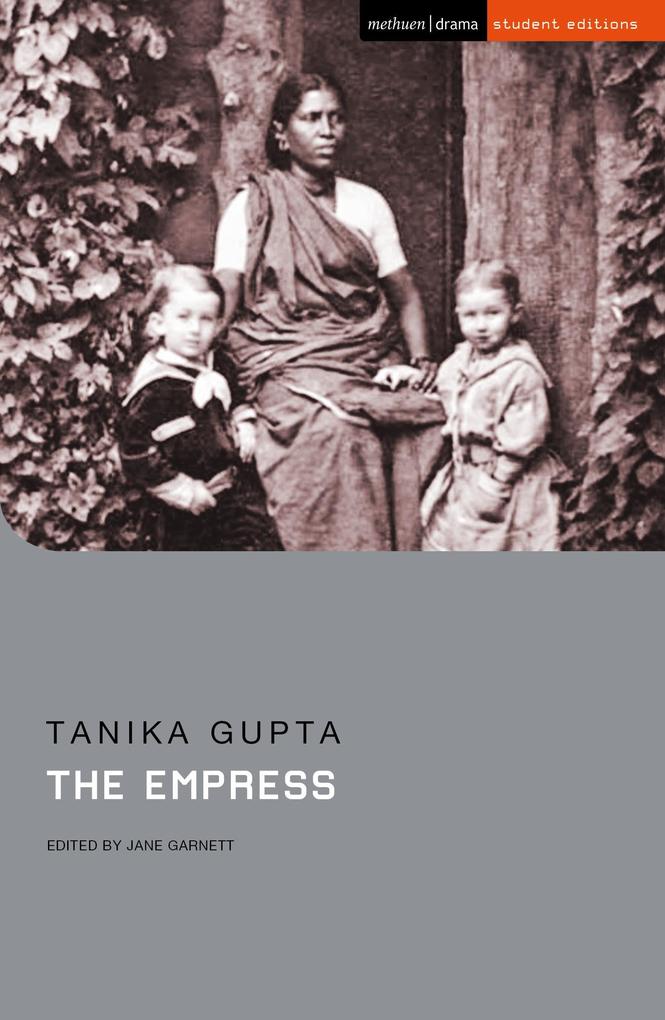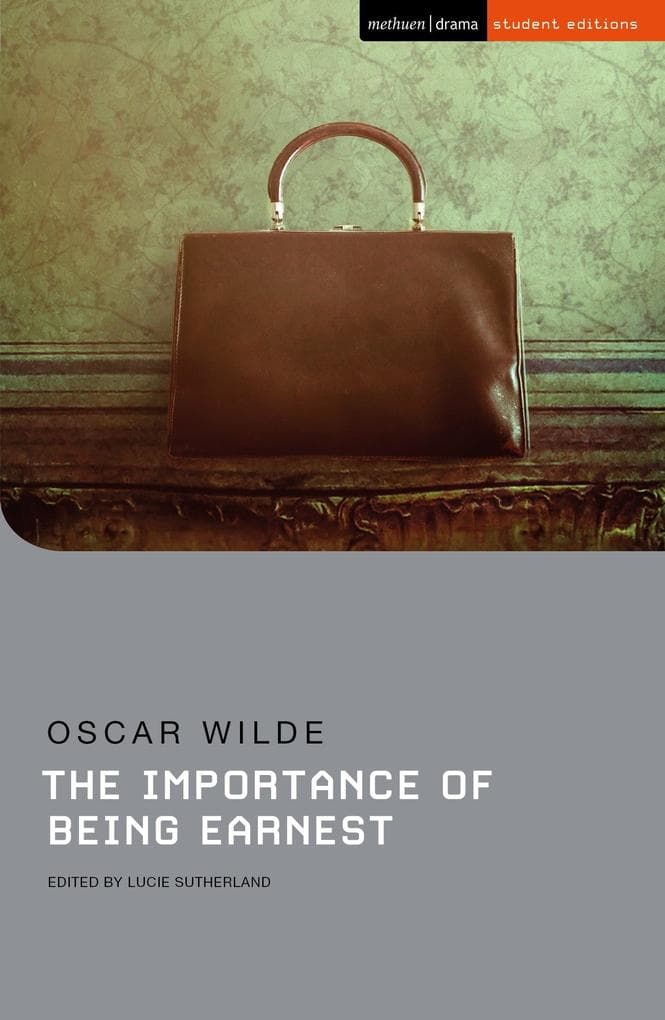
Zustellung: Di, 22.04. - Do, 24.04.
Sofort lieferbar
VersandkostenfreiBestellen & in Filiale abholen:
Queen Victoria's Golden Jubilee, 1887.
At East London's Tilbury Docks, Rani Das and Abdul Karim, step ashore after the long voyage from India. One has to battle a society who deems her a second-class citizen; the other forges an astonishing entanglement with the ageing Queen Victoria who finds herself enchanted by stories of an India over which she rules, but has never seen.
Through narrative, music and song, The Empress blends the true story of Queen Victoria's controversial relationship with her Indian servant and 'Munshi' (teacher), Abdul Karim, with the experiences of Indian ayahs who came to Britain during the 19th century. With private romance being mapped onto world history, the action cuts between the ship and different royal residences, offering bright contrasts as well as surprising affinities. In doing so, the play uncovers remarkable unknown stories of 19th-century Britain and charts the growth of Indian nationalism and the romantic proclivities of one of Britain's most surprising monarchs.
The Empress, which premiered at Stratford-upon-Avon's RSC in 2013, is published here as a Methuen Drama Student Edition with commentary and notes by Professor Jane Garnett, Wadham College, University of Oxford, UK.
At East London's Tilbury Docks, Rani Das and Abdul Karim, step ashore after the long voyage from India. One has to battle a society who deems her a second-class citizen; the other forges an astonishing entanglement with the ageing Queen Victoria who finds herself enchanted by stories of an India over which she rules, but has never seen.
Through narrative, music and song, The Empress blends the true story of Queen Victoria's controversial relationship with her Indian servant and 'Munshi' (teacher), Abdul Karim, with the experiences of Indian ayahs who came to Britain during the 19th century. With private romance being mapped onto world history, the action cuts between the ship and different royal residences, offering bright contrasts as well as surprising affinities. In doing so, the play uncovers remarkable unknown stories of 19th-century Britain and charts the growth of Indian nationalism and the romantic proclivities of one of Britain's most surprising monarchs.
The Empress, which premiered at Stratford-upon-Avon's RSC in 2013, is published here as a Methuen Drama Student Edition with commentary and notes by Professor Jane Garnett, Wadham College, University of Oxford, UK.
Inhaltsverzeichnis
Chronology
COMMENTARY
PLAYWRIGHT
CONTEXT
1. Late-19th-century imperial context
2. Context within which the play was written and rehearsed in 2012/13
3. RSC's commissioning strategy for new plays
THEMES
1. Class
2. Race
3. Gender
4. Religion
5. British Empire
CHARACTERS (HISTORICAL & FICTIONAL) & CHARACTERISATION
DIALOGUE
DRAMATIC DEVICES
1. RSC production: sets, costumes, role of instrumental music and song
2. Use of short scenes to create a visual and textual mosaic
RESPONSE
Audience and press response
PLAY TEXT
FURTHER READING AND VIEWING
COMMENTARY
PLAYWRIGHT
CONTEXT
1. Late-19th-century imperial context
2. Context within which the play was written and rehearsed in 2012/13
3. RSC's commissioning strategy for new plays
THEMES
1. Class
2. Race
3. Gender
4. Religion
5. British Empire
CHARACTERS (HISTORICAL & FICTIONAL) & CHARACTERISATION
DIALOGUE
DRAMATIC DEVICES
1. RSC production: sets, costumes, role of instrumental music and song
2. Use of short scenes to create a visual and textual mosaic
RESPONSE
Audience and press response
PLAY TEXT
FURTHER READING AND VIEWING
Mehr aus dieser Reihe
Produktdetails
Erscheinungsdatum
24. März 2022
Sprache
englisch
Seitenanzahl
XXVI
Reihe
Methuen Student Editions
Autor/Autorin
Tanika Gupta
Herausgegeben von
Jane Garnett
Verlag/Hersteller
Produktart
kartoniert
Gewicht
138 g
Größe (L/B/H)
195/129/10 mm
Sonstiges
Paperback
ISBN
9781350190573
Entdecken Sie mehr
Bewertungen
0 Bewertungen
Es wurden noch keine Bewertungen abgegeben. Schreiben Sie die erste Bewertung zu "The Empress" und helfen Sie damit anderen bei der Kaufentscheidung.


































